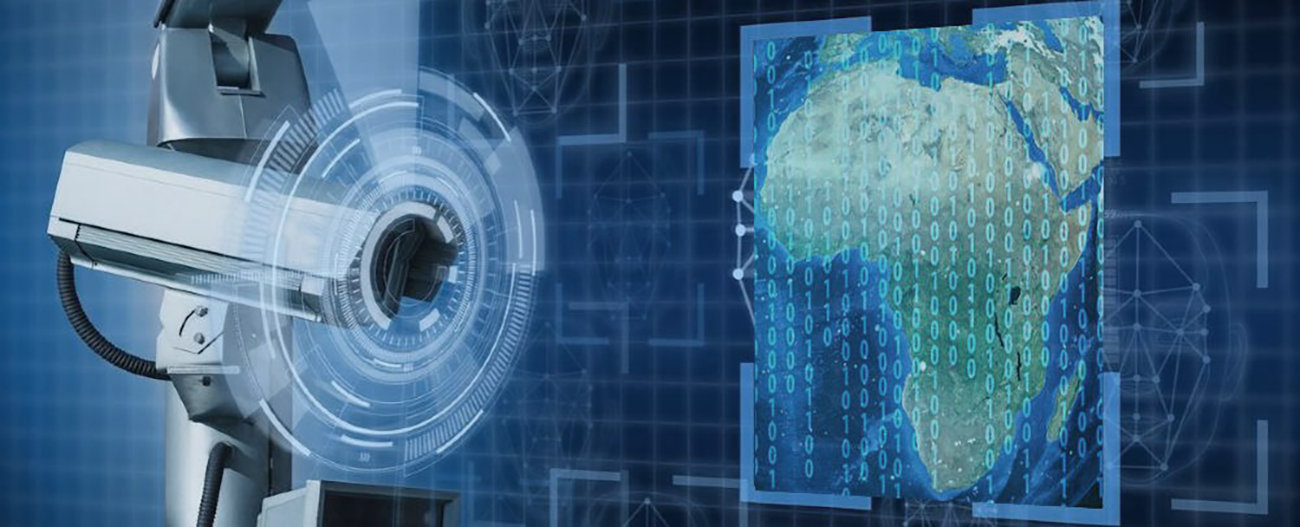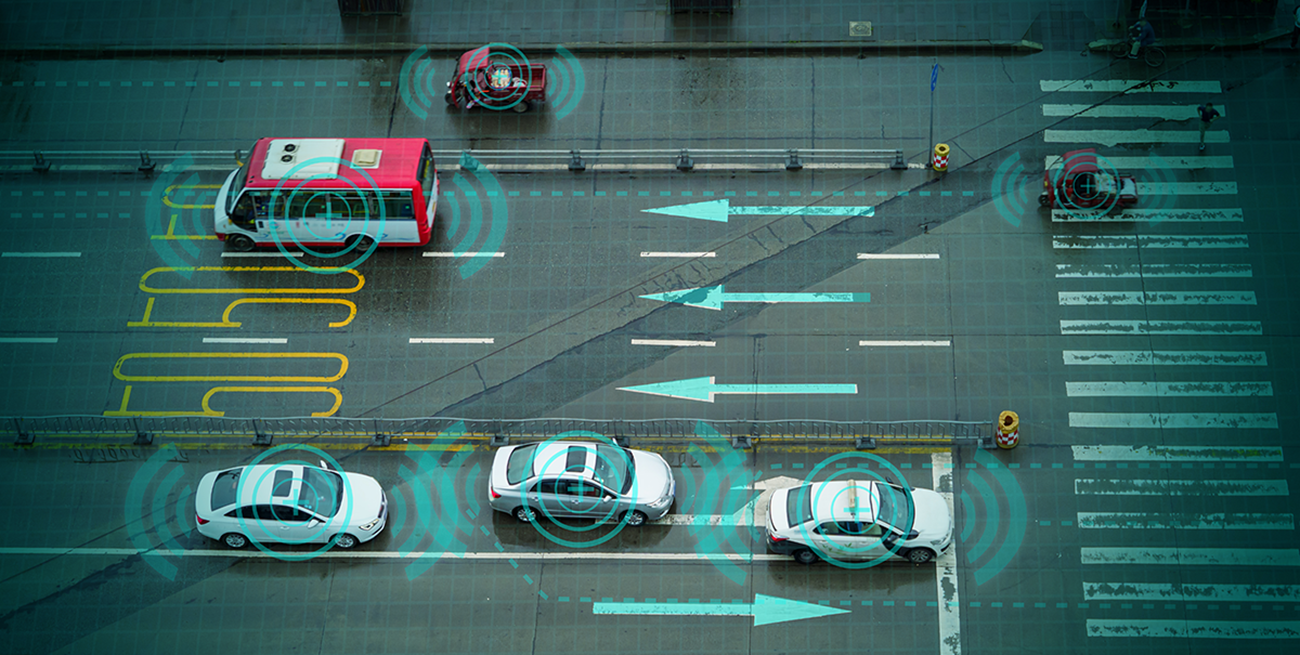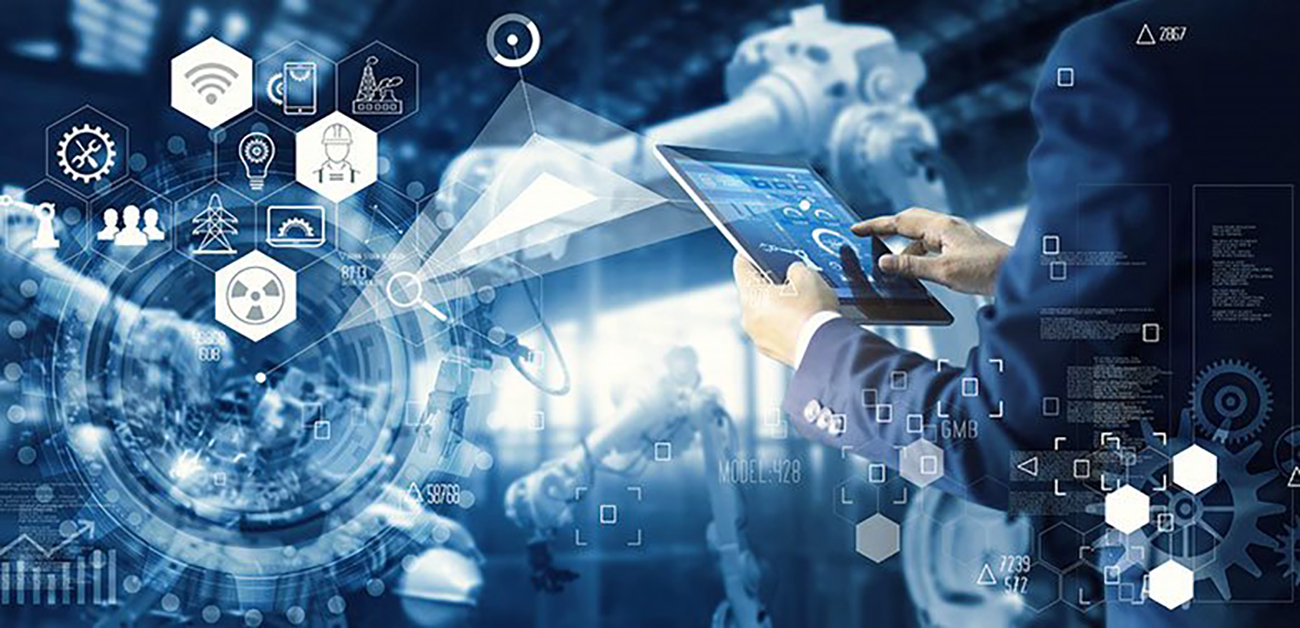CCTV cameras, or Closed-Circuit Television cameras, have a wide range of applications across various industries and settings due to their ability to monitor and record activities in both public and private spaces. Here are some common applications:

Surveillance and Security:
One of the primary uses of CCTV cameras is for surveillance and security purposes. They are installed in public places, businesses, residential areas, and institutions to monitor for suspicious activities, deter crime, and provide evidence in case of incidents.
Crime Prevention:
CCTV cameras can act as a deterrent to criminal activity. Knowing that they are being watched can discourage individuals from engaging in illegal behavior, such as theft, vandalism, or trespassing.
Traffic Monitoring:
CCTV cameras are widely used for monitoring traffic flow, managing congestion, and enforcing traffic laws. They help authorities identify traffic violations, accidents, and other incidents on roads and highways.

Public Safety:
In public spaces like parks, streets, and transportation hubs, CCTV cameras enhance public safety by monitoring for emergencies, detecting potential threats, and facilitating rapid response by emergency services.
Retail Loss Prevention:
Many retail stores use CCTV cameras to prevent shoplifting, employee theft, and other forms of retail crime. These cameras can also help in identifying and apprehending suspects.
Workplace Monitoring:
Employers may use CCTV cameras to monitor employee activities, ensure workplace safety, and prevent misconduct. However, it’s important to balance monitoring with employee privacy rights and legal regulations.
Industrial and Manufacturing:
In industrial settings, CCTV cameras are used for monitoring processes, ensuring workplace safety, and preventing accidents. They help supervisors oversee operations and identify any issues that may arise.

Public Transport Security:
CCTV cameras are installed in buses, trains, and stations to enhance passenger safety, deter crime, and monitor for incidents such as vandalism or assaults.
Education Institutions:
Schools and universities use CCTV cameras to monitor campus grounds, hallways, and entrances to ensure the safety of students, staff, and visitors.
Healthcare Facilities:
CCTV cameras are employed in hospitals and healthcare facilities to monitor patient care, prevent unauthorized access to sensitive areas, and enhance overall security.
These are just a few examples of the diverse applications of CCTV cameras. With advancements in technology, such as high-definition video quality, remote access, and intelligent analytics, their capabilities continue to expand, making them an essential tool for security and surveillance across various sectors.

